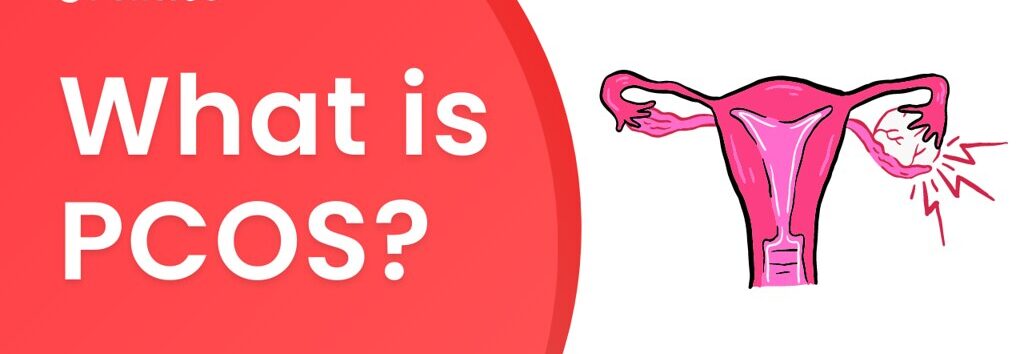PCOS A Powerful Guide to Managing Your Symptoms and Living Your Best Life
PCOS A Comprehensive Guide for Women

Polycystic ovary syndrome is a hormonal disorder that affects approximately 1 in 10 women of childbearing age. It is characterized by an imbalance of reproductive hormones, which can lead to a variety of symptoms, including irregular periods, excess hair growth, acne, and weight gain.
PCOS is a complex condition with no one-size-fits-all treatment. However, there are a number of things that women with PCOS can do to manage their symptoms and improve their overall health.
What are the symptoms?
The symptoms of PCOS can vary from woman to woman, and some women may experience only a few of the possible symptoms. The most common symptoms of PCOS include:
- Irregular periods or no periods at all
- Excess hair growth on the face, body, and chest
- Acne
- Weight gain
- Thinning hair or baldness
- Darkening of the skin on the neck, underarms, and groin
- Insulin resistance or type 2 diabetes
- Infertility
What causes it?
The exact cause of PCOS is unknown, but it is thought to be caused by a combination of genetic and environmental factors. Women with PCOS often have a family history of the disorder. Additionally, certain lifestyle factors, such as obesity and insulin resistance, may increase a woman’s risk of developing PCOS.
How is it diagnosed?
There is no single test to diagnose PCOS. Instead, doctors typically diagnose PCOS based on a woman’s medical history, physical exam, and blood tests.

How is it treated?
There is no cure for PCOS, but there are a number of treatments that can help to manage the symptoms of the disorder. Treatment options may include:
- Weight loss: Even a modest amount of weight loss can help to improve the symptoms of PCOS.
- Birth control pills: Birth control pills can help to regulate hormones and improve menstrual cycle regularity.
- Metformin: Metformin is a medication that can help to improve insulin sensitivity and reduce the risk of type 2 diabetes.
- Other medications: Other medications may be used to treat specific symptoms of PCOS, such as acne, excess hair growth, and hair loss.
If you are considering taking medication to control PCOS, it is important to talk to your doctor about the risks and benefits of each medication. You should also discuss your individual goals and treatment options with your doctor.
What are the long-term health risks?
Women with PCOS are at an increased risk for a number of long-term health problems, including:
- Type 2 diabetes
- Heart disease
- Stroke
- Endometrial cancer
- Sleep apnea
- Depression
Here are some additional tips for managing PCOS:

- Eat a healthy diet. A healthy diet for PCOS includes plenty of fruits, vegetables, and whole grains. It is also important to limit processed foods, sugary drinks, and unhealthy fats.
- Exercise regularly. Exercise can help to improve insulin sensitivity, reduce weight gain, and improve mood. Aim for at least 30 minutes of moderate-intensity exercise most days of the week.
- Manage stress. Stress can worsen the symptoms of PCOS, so it is important to find healthy ways to manage stress. Some helpful stress management techniques include yoga, meditation, and spending time in nature.
- Get enough sleep. Sleep is important for overall health, and it can also help to improve the symptoms of PCOS. Aim for 7-8 hours of sleep per night.
If you have PCOS, it is important to remember that you are not alone. There are many women who have PCOS, and there are many resources available to help you manage your condition and live a healthy and fulfilling life.
Mpumalanga 7 Places to Discover the Best of Nature
Confession A Powerful Tool in the Fight for Justice
Creating Engaging Content: Tips for Successful Facebook Marketing








